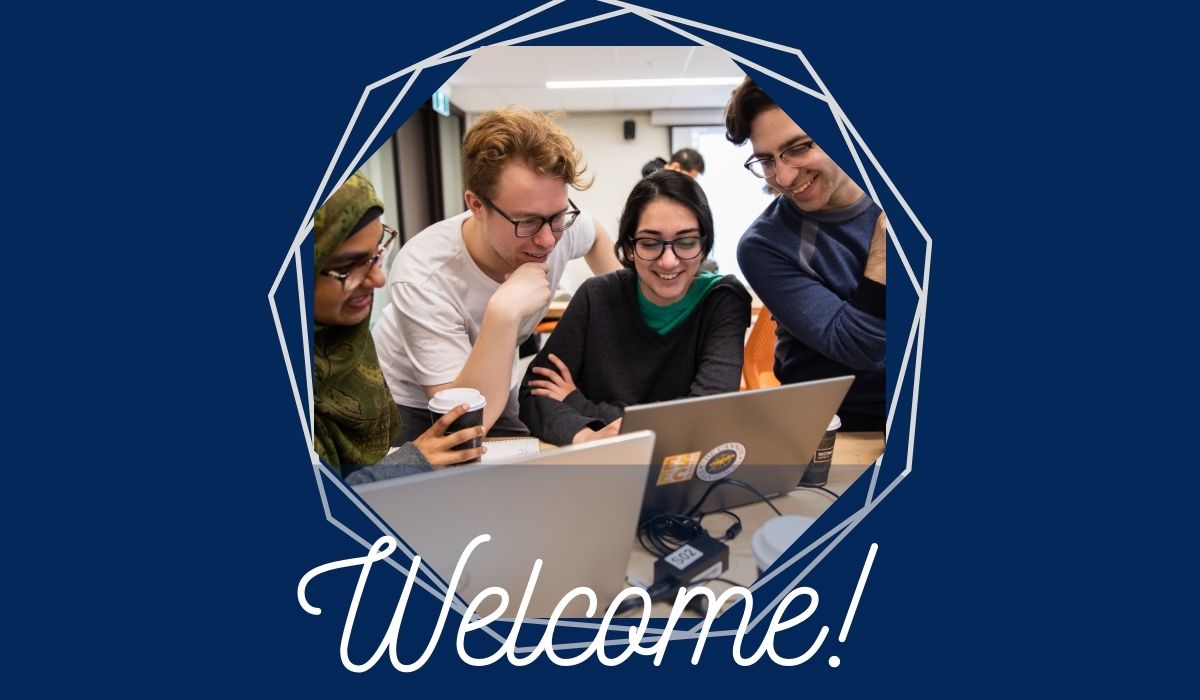
Mathematics has been taught at the University of Toronto since 1827. Since the first Canadian PhD degree in mathematics was conferred to Samuel Beatty (under the supervision of John Charles Fields) in 1915, more than 400 PhD degrees and 950 master's degrees have been awarded in this University. Many of our recent graduates are engaged in university teaching, and a significant number hold administrative positions in universities or in the professional communities. Others are pursuing careers in industry (technological or financial), or in government.
We have a large selection of graduate courses and seminars, and a diverse student body of domestic and international students, yet classes are small and the ratio of graduate students to faculty is low. We are in a unique position to take maximum advantage of the presence of the Fields Institute, which features special programs in pure and applied mathematics.
Opportunities for graduate study and research are available in most of the main fields of pure and applied mathematics. These fields include real and complex analysis, ordinary and partial differential equations, harmonic analysis, nonlinear analysis, several complex variables, functional analysis, operator theory, C*-algebras, ergodic theory, group theory, analytic and algebraic number theory, Lie groups and Lie algebras, automorphic forms, commutative algebra, algebraic geometry, singularity theory, differential geometry, symplectic geometry, classical synthetic geometry, algebraic topology, set theory, set-theoretic topology, mathematical physics, fluid mechanics, probability (in cooperation with the Department of Statistics), combinatorics, optimization, control theory, dynamical systems, computer algebra, cryptography, and mathematical finance.
We offer a research-oriented PhD and a master's program. Very strong students may be admitted directly to the PhD program with a bachelor's degree; otherwise, it is normal to do a 1-year master's degree first. (Provisional admission to the PhD program may be granted at the time of admission to the master's program.) The master's program may be extended to 16 months or 24 months for students who do not have a complete undergraduate preparation in mathematics, or for industrial students engaged in a project.
In addition to our traditional graduate programs, the department participates in the Master of Science in Applied Computing (MScAC) program. This 16-month applied research program combines eight months of graduate courses with an eight-month applied research internship at one of our partner companies. Students in this program can specialize in one of seven concentrations, including Applied Mathematics, Artificial Intelligence, Artificial Intelligence in Healthcare, Computer Science, Data Science, Data Science for Biology, or Quantum Computing.
During their studies here, graduate students are encouraged to participate in the life of the close community of U of T mathematics. Almost all of them do some work in connection with undergraduate teaching, either as tutorial leaders, markers, or, especially in later years of their program, instructors. There is a Mathematics Graduate Student Association which organizes social and academic events and makes students feel welcome.


